About us
We work in close partnership with a limited number of clients.
We take the focused nature of our work very seriously – we want each client to feel as if it has its own in-house investment team.
We have particular expertise in designing and implementing investment policies with strict sustainability and risk overlays.
Our long standing international multi-asset expertise is proven and uncommon.
We are not constrained by approved manager lists or geographic location.
“The superior investor is mature, rational, analytical, objective and unemotional.”
― Howard Marks: Mastering The Market Cycle: Getting the Odds on Your Side.
Working with you to achieve your goals
In collaboration with clients throughout Australia, we forge strong partnerships to craft and execute tailored long term investment programmes, drawing upon our extensive expertise across international markets and diverse asset classes.
We work closely with each client to establish its long-term investment goals, and we then design a programme that we believe best meets those needs. Customisation extends beyond investing. We are highly experienced in reporting and governance and other related areas.
Our Investment Philosophy
Our guiding principle is centred on the preservation of capital’s real value and the provision of sustainable returns for beneficiaries over the long haul.
Hugging a benchmark and relying on a model based on a few decades of correlations is not good enough but, sadly, that is the essence of the current mainstream approach.
There are 4 distinctive elements to our approach:
- Fundamental Analysis and Research
- Understand and Manage Risk
- Partner with World-Class Goal-Aligned Investors with an Edge
- Diversify across Multiple Drivers of Return
1. Fundamental Analysis and Research
We strongly believe in researching and finding investments that others focused on short term benchmarking simply cannot.
We pursue fundamental investment research across asset groups where we believe changes or inefficiencies in economies and markets provide investment opportunities.
We then find the most appropriate way to pursue these in specific investments in a portfolio.
2. Understand and Manage Risk
Effective risk management is a mindset, embedded in our culture and investment philosophy based on frontline experience. It is not simply a volatility or correlation factor, as so often expressed.
We look for where we might be wrong, and how a portfolio might behave in a range of different circumstances. We are always ready to adapt to change.
3. Partner with World-Class Goal-Aligned Investors with an Edge
We believe that, in most circumstances, active skill-based management leads to superior returns.
We build good working relationships and interact regularly with managers. Having worked inside and alongside countless fund management teams over many years internationally, we understand how it works behind the external veneer.
We look for goal alignment: managers with their own capital at risk on the same terms as us, seeking capital gains and not growth in funds under management.
We look for managers that restrict their focus to areas where they have an edge and strong processes.
We expect our managers to behave like business owners, with deep fundamental research and understanding of a business and industry giving them credibility with the senior management teams of those companies.
4. Diversify across Multiple Drivers of Return
We believe that owning equity in productive businesses is the best way for us to achieve our investment objective.
However, we recognise the cyclical nature of markets and we also invest in assets where returns are not dependent on the broader equity market cycle.
Alongside this, we diversify portfolios across strategy, geography and sector.
This means that there are several independent paths to meeting our return target.
Why outsource?
For many clients, in-house investment management is under-resourced.
Singular focus
The challenging landscape of the global economy and financial markets requires experienced professionals with a singular focus on investing
Manage fiduciary complexity
Investing is not a part-time job. Maintaining fiduciary responsibility has become increasingly difficult
Disciplined stewardship
We provide careful, disciplined stewardship – every day of the week
Long term thinking
What drives our thinking?
Over the years, we have seen first-hand the good and the bad of investing styles. A few stand out
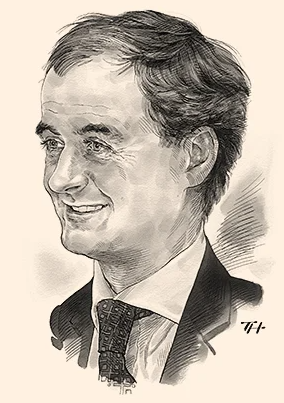
“Our biggest risk is clearly inflation. Most endowments think they are conservative and invest in bonds. The fact is that they get wiped out by inflation. We own real assets. It is a philosophical position.”
Danny Truell, CIO of Wellcome Trust, the world’s third-largest charitable foundation
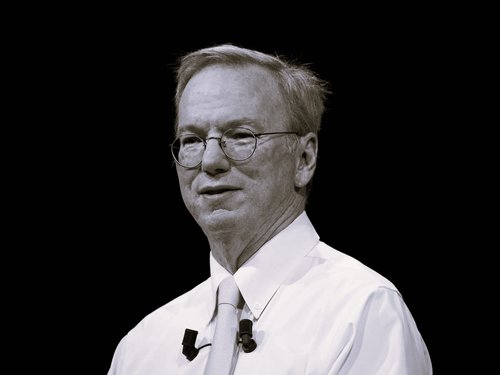
“You will occasionally come across people who are exceptionally talented … you can sense that their brain processor is just going faster. If you can collaborate with them, something great is going to happen, and your life will be very interesting.”Eric Schmidt, Former CEO of Google
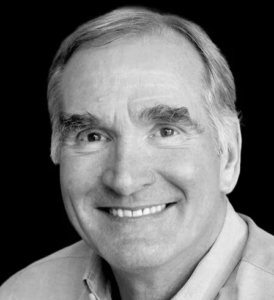
“The most important distinction in the investment world does not separate individuals and institutions; the most important distinction divides those investors with the ability to make high quality active management decisions from those investors without active management expertise.
Few institutions and even fewer individuals exhibit the ability and commit the resources to produce risk-adjusted excess returns.”
David F. Swensen, Yale Investment Office
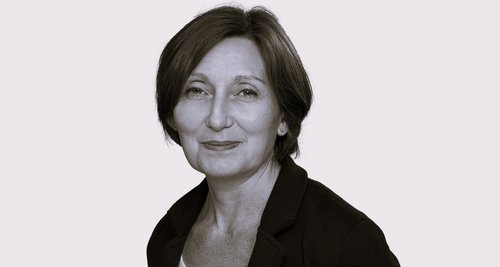
There are so many opportunities. There’s really not any more secrets anymore. It’s very hard.
Venture capital was the secret of the endowments and the foundations. It was hard to access. People could choose their investors. That whole industry has changed beyond recognition today, but it will bring new opportunities.
What you’ve seen in a lot of the investment industry, particularly in institutions now, is people talk about risk in a different way. They talk about relative risk, not absolute risk. They talk about risk relative to a benchmark as being risk.
So for us, risk was the absolute loss of capital at that time because a foundation, you didn’t have money coming in. It wasn’t like an endowment. It wasn’t like a pension fund. So the assets we had were very precious.
Sandra Robertson, Oxford University Endowment Management

“One secret in Yale’s success has been David Swensen’s ability to engage the committee in governance—and not in investment management. Contributing factors include: selection of committee members who are experienced, hard-working, and personally agreeable; extensive documentation of the due diligence devoted to preparing each investment decision; and full agreement on the evidence and reasoning behind the policy framework within which individual investment decisions will be made.”
David F. Swensen, Yale Investment Office
Most investors are “over diversified”. Despite its size, the Wellcome Trust’s approach is to focus on 95 “relationships”. These relationships account for 85 per cent of the portfolio.
Mr Truell is happy to time the markets to rejig these relationships; he sold all the trust’s mainstream commercial property before the financial crisis and raised its equity exposure from 58 to 69 per cent between 2008 and 2011. But he values the trust’s reputation as a long-term investor.
“Over 80 of our relationships are more than five years old. We don’t have a headwind from trading costs,” he says.
Danny Truell, Former CIO of Wellcome Trust, the world’s third-largest charitable foundation
Uncovering little investment gems among the shrunken heads, Financial Times 13 April 2014
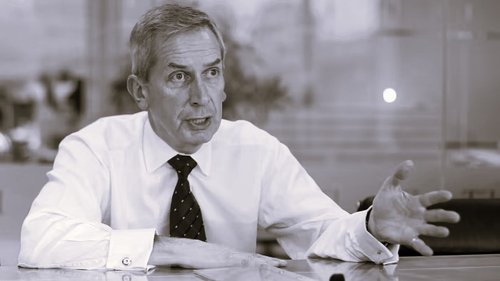
Smith discusses investing lessons he learnt from the annual men’s multiple-stage bicycle race, “Tour de France”.
According to Smith, investors have the knack of examining their portfolio performance in every reporting period, as often as every quarter, and sometimes exiting the stocks which underperform.
He says it’s as pointless to expect an investment strategy or a fund manager to outperform the market in all reporting periods and varying market conditions as expecting to find a rider who can win every stage of the Tour.
“As the old saying goes, there are only two types of investor: those who can’t time the markets, and those who don’t know they can’t time the markets,” he says.
According to Smith, investment is a test of the endurance of investors and the winners are the ones who find a good strategy or fund and stick with it.
Terry Smith, Fundsmith CIO
Investing For Growth
“The first one was the governance structure is really important. Empowering the investment team to make decisions was really crucial to the success of Wellcome. And having an investment committee who really understood investing was really, really important.
The next thing was I think this focus on absolute return and not being constrained by traditional asset allocation models and this whole concept of something’s more risky because you deviate from a benchmark. So they were really important lessons I think
really that I took with me.”
Sandra Robertson, CIO, Oxford University Endowment Management
“If you are going to use probability to model a financial market, then you had better use the right kind of probability. Real markets are wild. Their price fluctuations can be hair-raising-far greater and more damaging than the mild variations of orthodox finance.
That means that individual stocks and currencies are riskier than normally assumed. It means that stock portfolios are being put together incorrectly; far from managing risk, they may be magnifying it. It means that some trading strategies are misguided, and options mis-priced.
Anywhere the bell-curve assumption enters the financial calculations, an error can come out.”
Benoît B. Mandelbrot
Sterling Professor of Mathematical Sciences, Yale
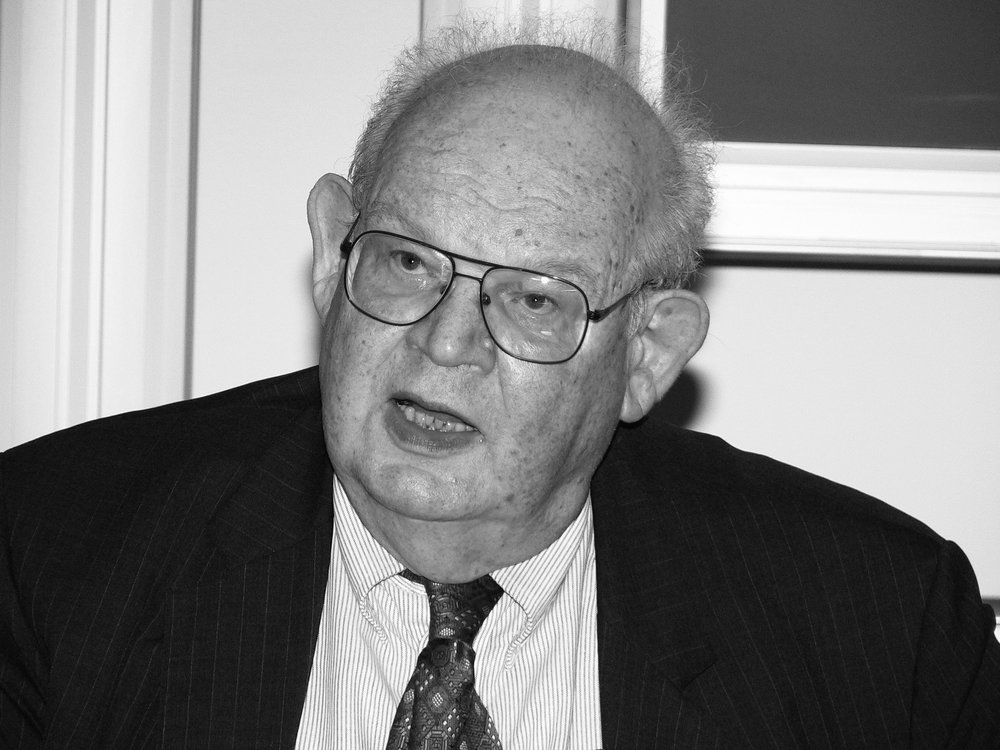
Theories
“Some economists, when thinking about long memory, are concerned that it undercuts the Efficient Market Hypothesis that prices fully reflect all relevant information; that the random walk is the best metaphor to describe such markets; and that you cannot beat such an unpredictable market. Well, the Efficient Market Hypothesis is no more than that, a hypothesis. Many a grand theory has died under the onslaught of real data.”
Benoît B. Mandelbrot
Sterling Professor of Mathematical Sciences, Yale

Our team
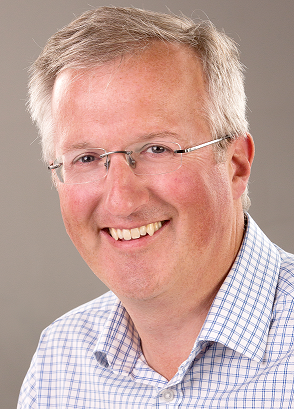
Dermot Crean
Founder & Director
Dermot is a seasoned investment executive with over 30 years of international experience across institutional public and private markets, sustainability, and long-term growth investments.
For the past decade, Dermot has been co-managing endowment funds and family office capital. Born and educated in Ireland, Dermot trained as a Chartered Accountant with Price Waterhouse in London, where he worked with clients such as Barclays Bank and UBS.
His career in the investment industry includes roles at institutions such as HSBC, NatWest, and boutique firms like JO Hambro Magan. Additionally, Dermot has operated as a business owner, handling transactions totaling over $20 billion for businesses across various industries in Europe and beyond.
In 2001, Dermot co-founded Acanthus, specializing in raising institutional private equity investment funds. Over a decade, the firm consistently secured around $1 billion annually, offering valuable insights into institutional capital allocation processes (good and bad!) and working with endowment funds, pension funds, fund of funds, family offices, and asset consultants.
The success of Acanthus was driven by the team’s commitment to high-quality analytics, strong ethical standards, and intense customer-focused execution with close attention to complex legal agreements.
Moving to Australia in 2011, Dermot began working with local institutional investors and family offices, leveraging his international multi-asset class expertise.